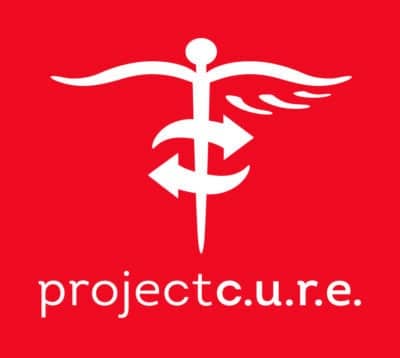By Kyle Knuppel, M.D.
“It’s really bad.” Those were the words I received via text from my dear friend and founder of Bannu, our nonprofit hospital in rural Eturnagaram India, which serves over 100,000 tribal people. It was April 2021 and we found ourselves facing an unprecedented challenge. A variant of COVID-19, which would later come to be known as the ‘Delta Variant,’ was causing a surge in cases that far exceeded the operational capabilities of India’s healthcare systems. Scores of younger, healthier patients were dying at horrifying rates.

Bannu is a nonprofit organization focusing its work on health and education in rural areas of India. We strive to make positive and lasting contributions in areas associated with neglect and high risks. Our current focus is to provide special education to those with intellectual disabilities, as well as providing a secondary care hospital in a remote tribal region devoid of functional healthcare. Through our centers, we strive to provide critical free services to the vulnerable and marginalized.
India remains one of the unhealthiest places on earth. Millions of people still suffer from diseases and ailments that no longer exist almost anywhere else on the planet. Four out of five Indian children are anemic. Almost one in eight Indian women who give birth receive no antenatal care. What makes the picture even bleaker is the fact that India’s economic boom has had, so far at least, little impact on health standards.
The problems of insufficient health care is compounded by the fact that throughout India rates of malaria, HIV/AIDS, infant mortality, malnutrition and other medical issues are much higher than in more developed regions of the world. This increased demand adds stress to an already insufficient system. Together, these factors combine to result in hundreds and even thousands of people being denied medical care due to lack of resources. These were the challenges that faced us prior to the devastation of a global pandemic. As the Delta variant of COVID-19 began to surge in India, our facility was presented an even greater strain on our ability to treat diseases and save lives of some of
the world’s most marginalized.

In response to the surge of the Delta variant, we focused our resources on both the rural and urban centers nearest to our operations. We converted two floors of a new hospital in the city of Warangal into a COVID-19 treatment ward. Many hospitals and healthcare facilities throughout the region were desperately seeking medical supplies, including Bannu.
Within 24 hours of receiving the text message, I had a ticket booked to India. Before leaving, I found myself standing on the floor of Project C.U.R.E.’s Denver, Colorado warehouse. Volunteers, adept in refurbishing portable ventilators, were working long hours. The team was collecting additional oxygen concentrators and other core ICU equipment. I was approached by Steven Wagener, Director of Logistics, along with Kris Anderson, Vice President of Field Operations for Project C.U.R.E. They turned my attention to a tower of new emergency relief beds and asked if there was a need. With a simple “yes”, the wheels were in motion.

It was not long after that the beds arrived in India. We were in close communication with our partner government hospitals as well as private and NGO facilities. Beds were in demand due to the overwhelming number of COVID-19 cases as well as other life-threatening illnesses neglected by a strained healthcare system.
Beyond the fulfillment of this staple of hospital medicine, there was an impact that could not be quantified. As the employees and volunteers throughout the region witnessed Project C.U.R.E.’s shipments arrive, they celebrated the common humanity that accompanied each piece of equipment.
They saw through action, that the world took notice and that they were not alone. The volunteers and dedicated staff of Project C.U.R.E. inspired and enabled a force of frontline workers to continue fighting. And today, thanks to their efforts and the C.U.R.E. Cargo shipments we received, we’re still fighting—and saving lives.
Kyle Knuppel, M.D., is co-founder of the Bannu non-profit School for Children with Special Needs and Bannu Hospital, in the state of Telangana, India, where he is currently Director of Strategic Development and International Partnership.


